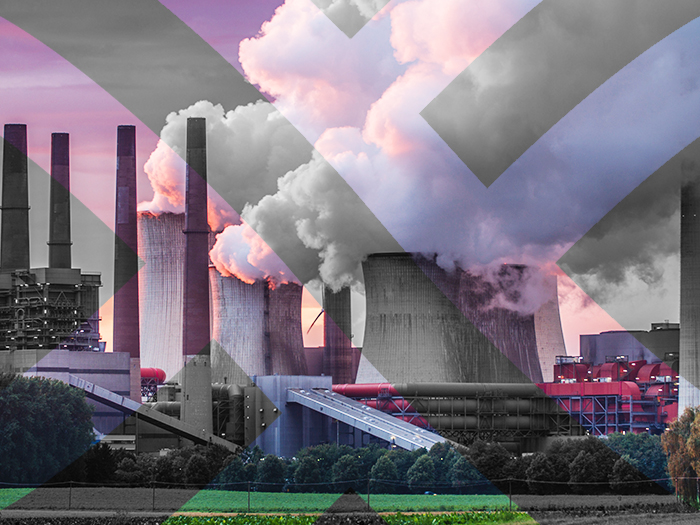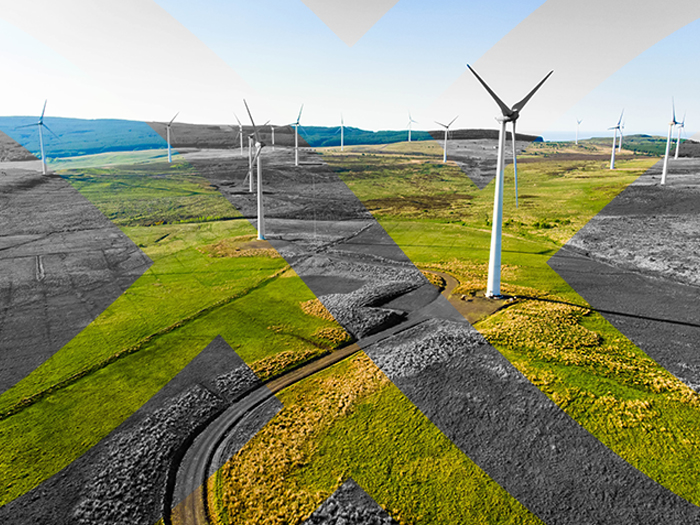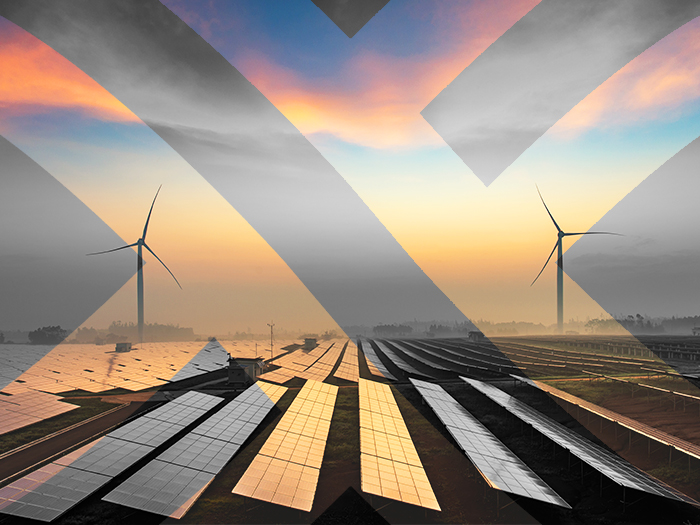Insights
better business decisions
Posted 1 year ago | 2 minute read

IPCC delivers definitive report on climate change
The Intergovernmental Panel on Climate Change (IPCC) has released the final part of its sixth assessment report, stating that rising greenhouse gas emissions are pushing the world to the brink of irrevocable damage and that swift and drastic action is required.
Published on 19 March the AR6 Synthesis Report: Climate Change 2023 report, has one clear message: act now, or it will be too late.
The report confirms both emissions and atmospheric concentrations of greenhouse gases are now at record highs. It notes that warming to date has reached 1.1°C above 1850–1900 in 2011–2020 and that the world is likely to surpass its most ambitious climate target (limiting warming to 1.5°C above preindustrial temperatures) by the early 2030s. To keep warming within 2°C above pre-industrial levels, global greenhouse gas emissions must decline by around 21% by 2030 and around 35% by 2035.
The report calls on policy-makers across the globe to fast-track climate efforts on every timeframe. It noted that the impacts of climate change are already being felt but that we are already reaching the limit to which we can adapt to such severe changes, and weather extremes are increasingly driving displacement of people in many regions.
GridBeyond CEO and Co-founder Michael Phelan said:
“This report is a stark reminder of what’s at stake in the transition to net zero. As the effects of climate change are increasingly felt around the world, we all have a critical role to play. Renewables technologies have the incredible potential to create a truly low-carbon energy system that can bring down emissions and energy costs for all consumers. But there remains a significant requirement for scalable and real-time solutions to manage the volatility that these bring for grid operators and energy markets.
“Alongside the growth in renewables generation, action must also focus on ways to reduce demand and to balance the volatility that a renewables-led power system brings. Flexibility that is available from large energy users and even down to household level, will be crucial, as will technologies such as energy storage in managing the transition.”








